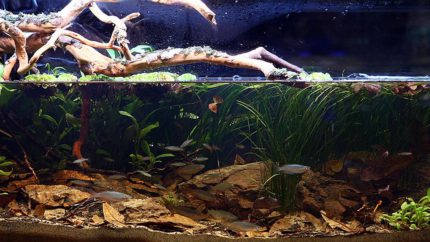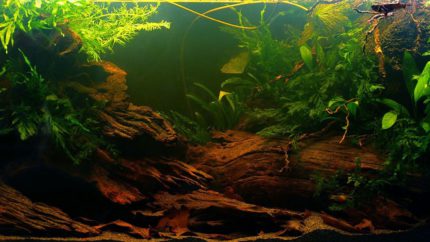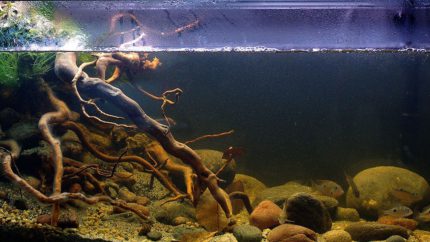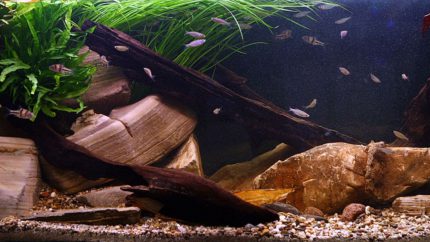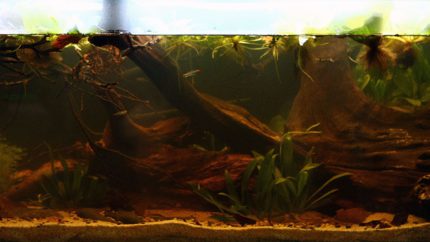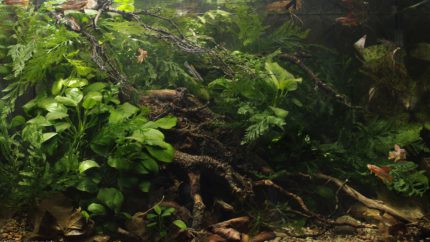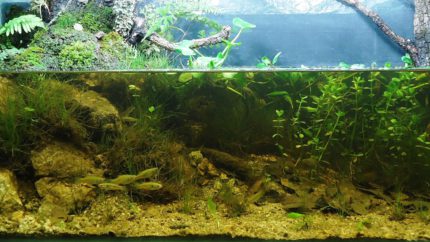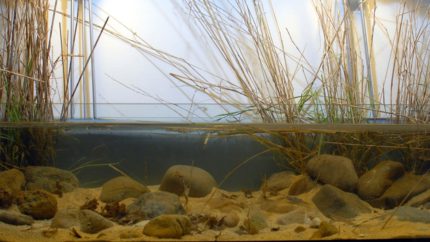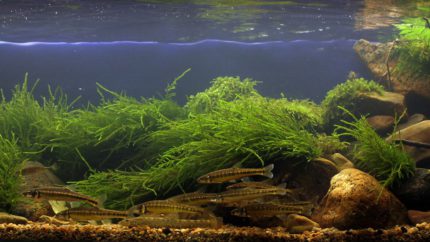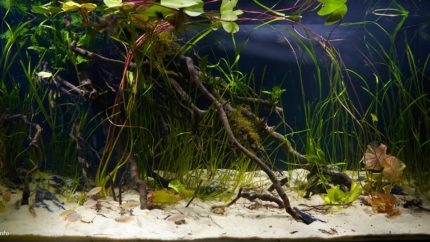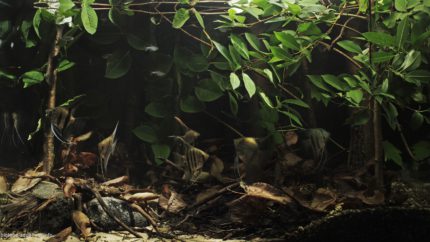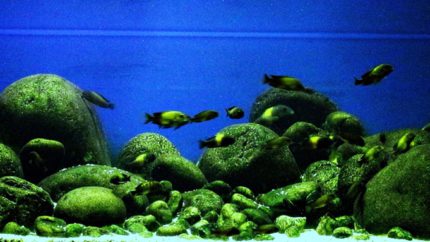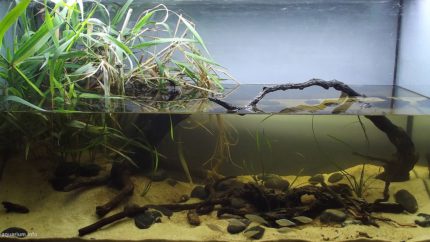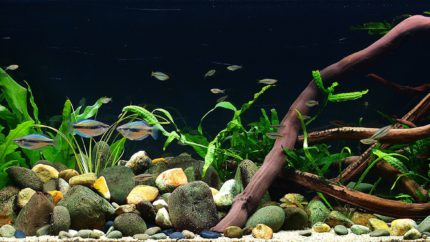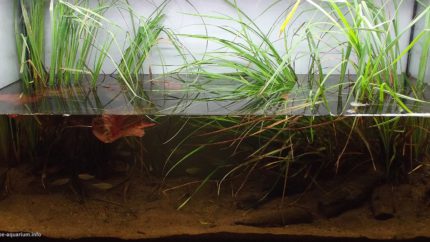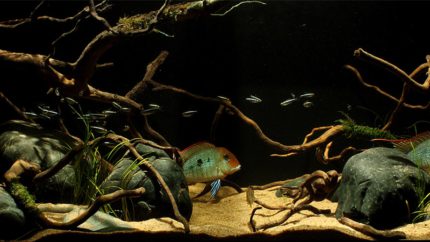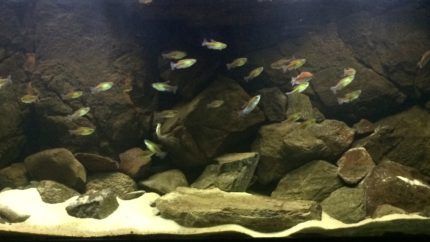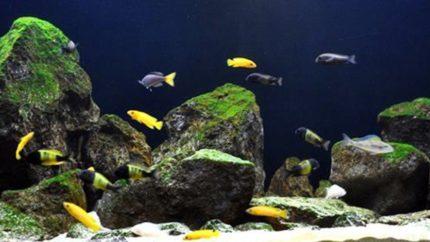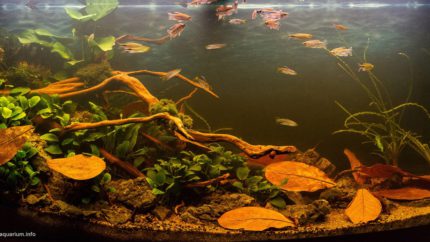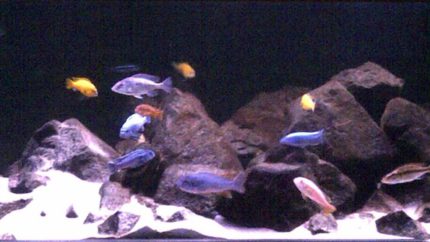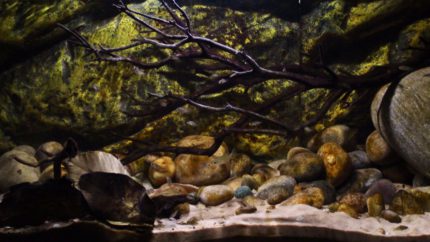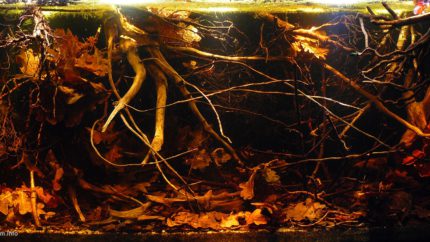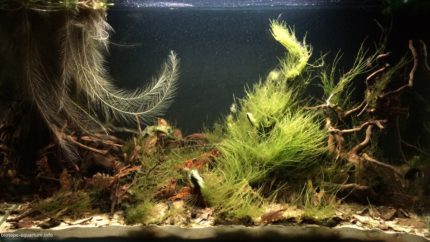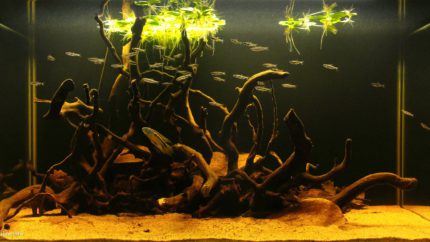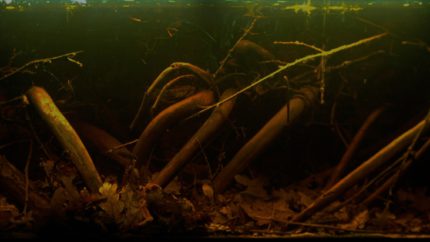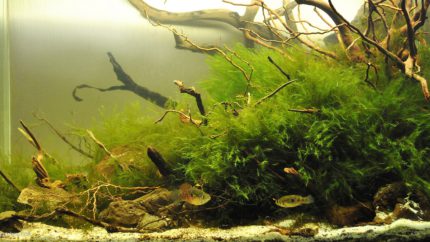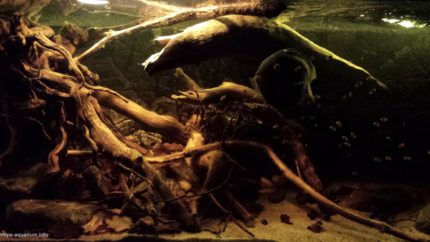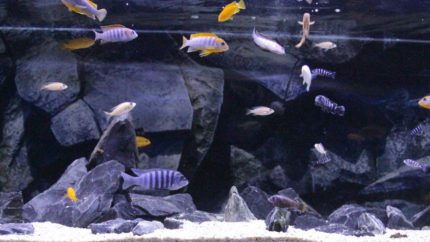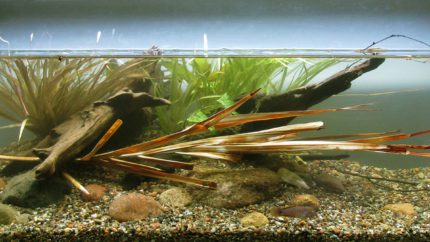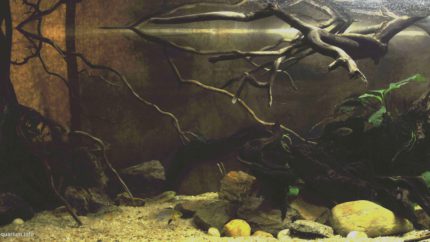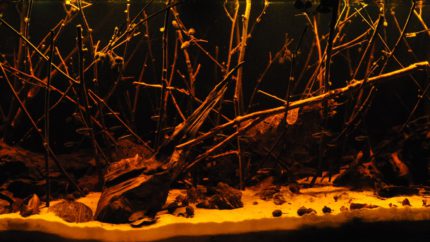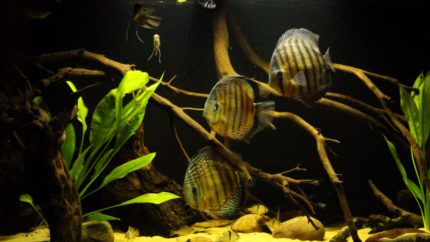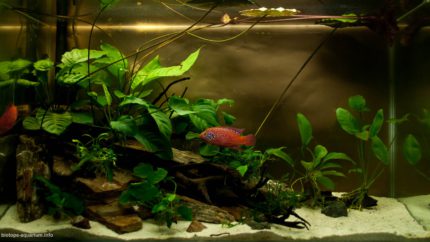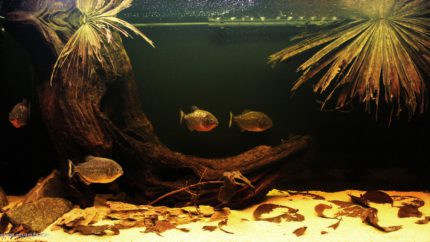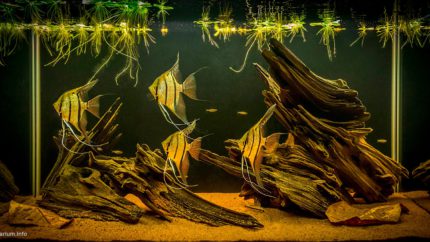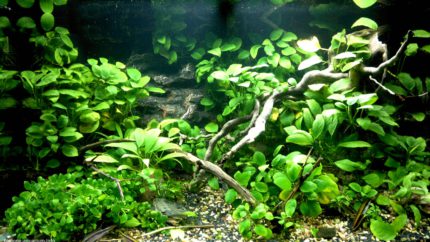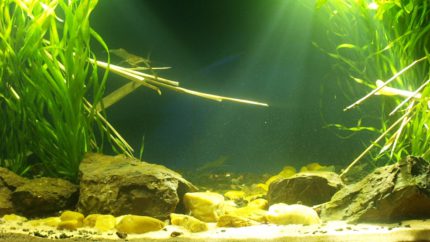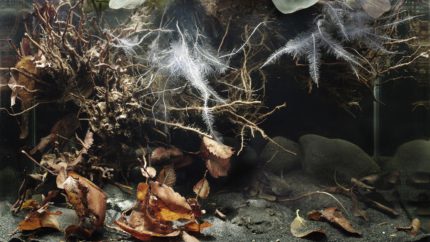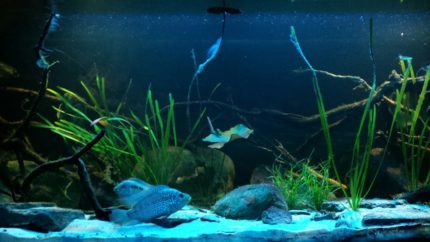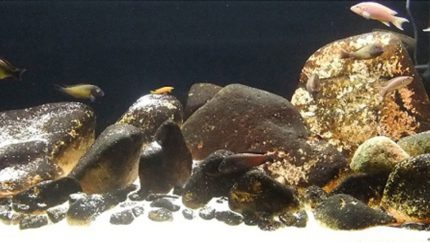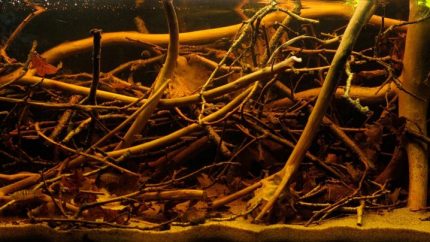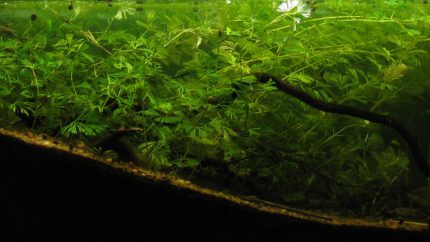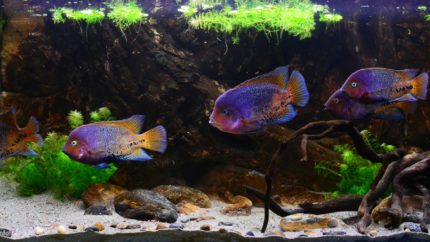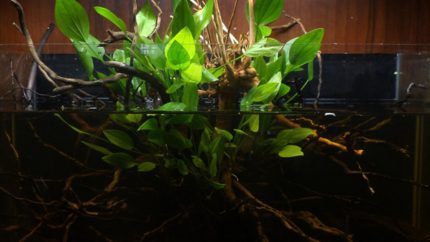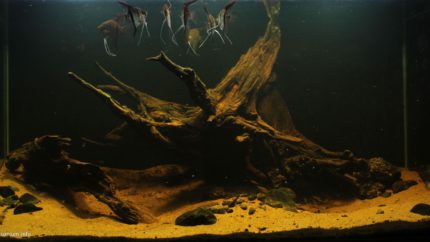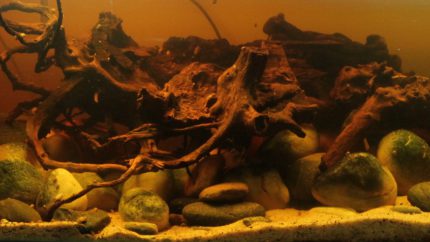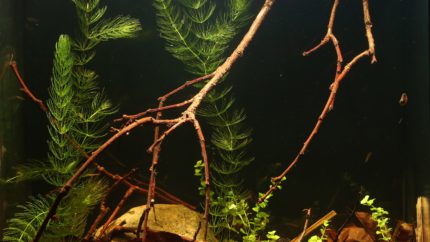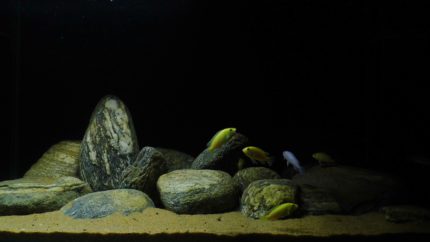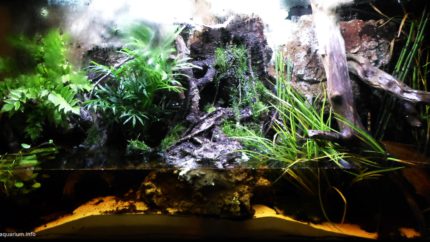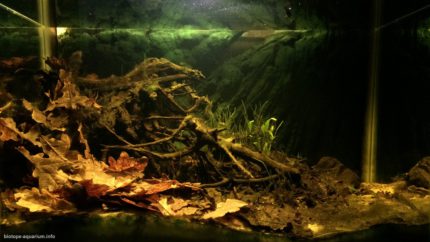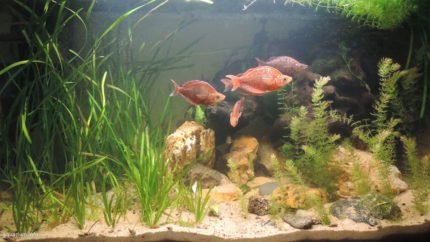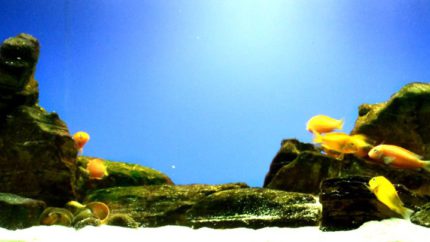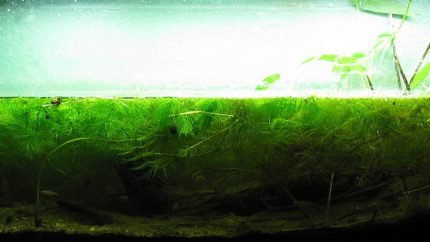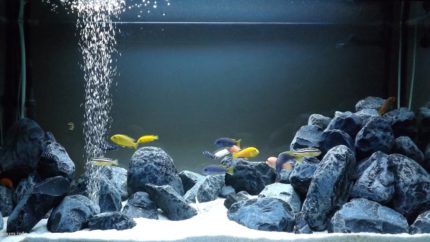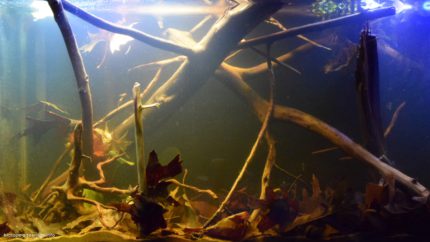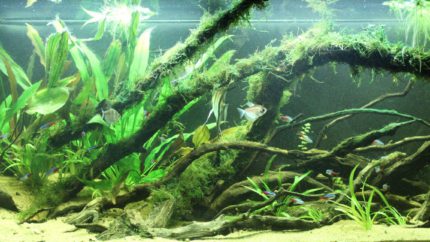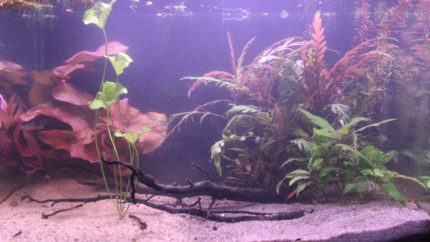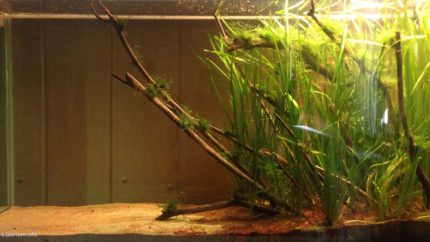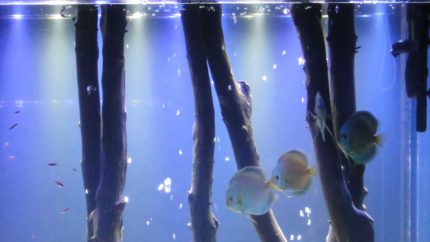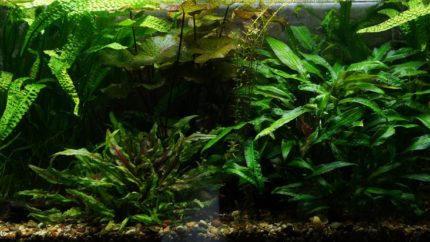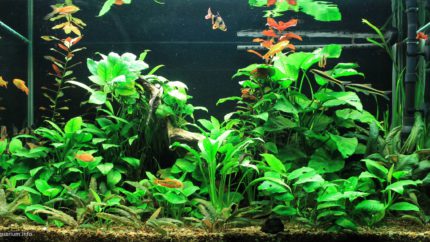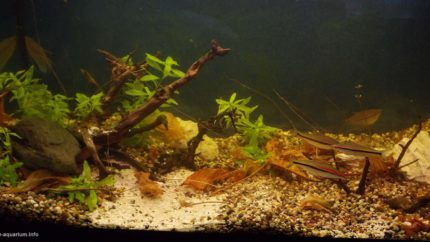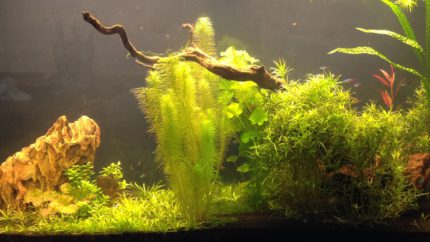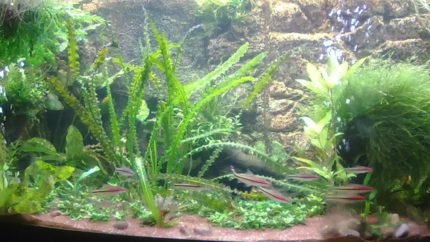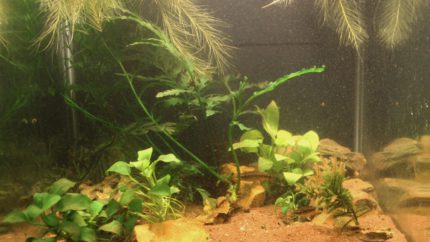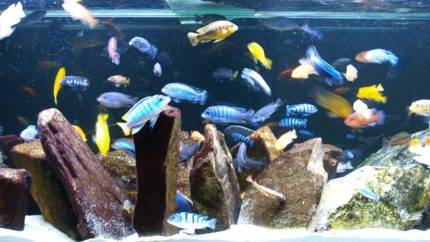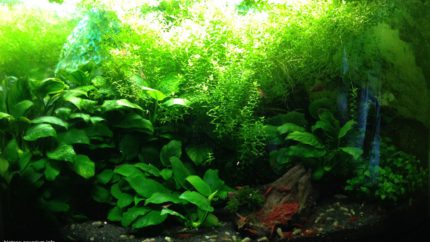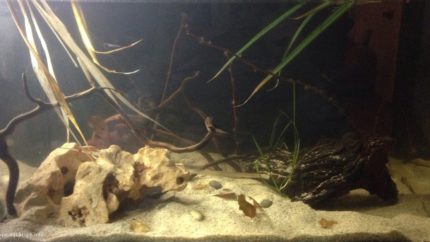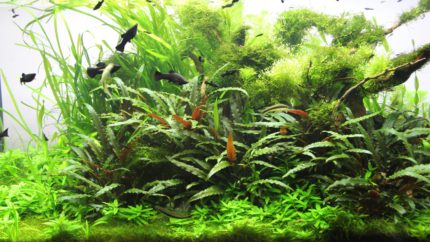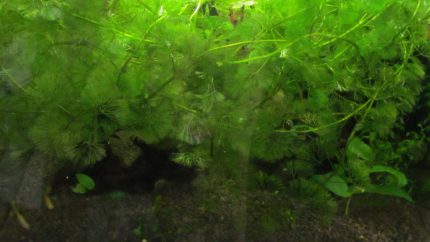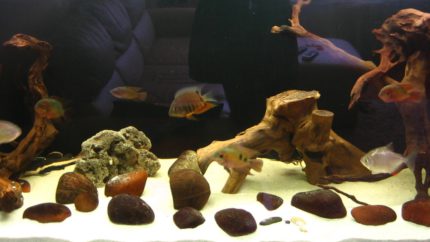BIOTOPE AQUARIUM DESIGN CONTEST 2014
We present to you the results of Biotope Aquarium Design Contest 2014. Congratulations to all participants to excellent results, and thank you for your invaluable contribution to the development of the biotope aquaristic. On pages of some aquaria you can find comments by the jury members. Just click on thumbnail of an aquarium and you will go to its page with its detailed description, photos and video. Prize pool is EUR 2,400 Enjoy viewing!
FINAL ROUND. RESULTS
The final round of Biotope Aquarium Design Contest 2014 was held on November 26th-29th in St. Petersburg, Russia, during ZooSphere 2014 exhibition. The contestants had the aquaria, all the equipment, fishes and plants and had to set up their biotope aquaria during those three days.
QUALIFYING ROUND. RESULTS
During the qualifying round of Biotope Aquarium Design Contest 2014 the participants sent to us the photos of their aquaria with the descriptions. On September 25th, 2014 the members of the jury chose five participants, who went to the final round of the contest to St. Petersburg on November 26th-29th, 2014.
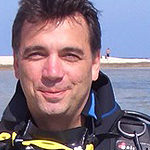
The level of all entries has gone up. Beside 2 entries, all set ups are real Biotope Aquariums! All glasses have been cleaned and almost no technical items can be seen within the tanks. Most participants added a lot of specific information to the biotope and they really tried to follow the nature. “Lake Xochimilco in Mexico City” North America and “Backwater in the rainforest in the lower Ogun River in Nigeria” Africa are my favourites of all.
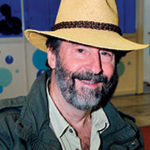
I must say that the standard of biotope-correct (or near to correct), has gone up very much in comparing to the previous 3 contests. What is still missing in some, very well written by Alexey, is the exact location of the biotope in the majority of entries, as a “Congo” (one of the 10 largest Rivers), “Amazon” or “Amazon basin” (over 7000 km long), “New Guinea” (second largest island in the world), “Rio Negro” (world’s largest black water river), “Wild River in the Forest” (there are over 100,000 in S.A.), or even “South America” or “Coastal Zone of Africa” (which are continents and not biotopes), and even similar wrong is just to say “Lake Tanganyika”, or “Malawi”, these and other such general texts on biotopes are simply wrong and make the best decoration loose many points, as these have really nothing to do with a small biotope, which is the essence of any aquarium.
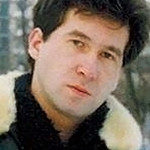
This year there were less entries in the quality test than the last one, but their quality was much higher. There were just a few of entries that were not biotopes with fishes and plants from all around the world. I was pleased that the authors of the entries began to leave scapes for the biotope side. Yes, in nature there are places looking like scapes at first sight, but in the world there are million different habitats and most of them are simple and at the same time beautiful in their simplicity. Because they were made by the nature. An important omission of some authors is a short or a bad description of their entry, and sometimes a mismatch of what is described with what the jury can see in the pictures. This includes uncertain title: Congo, Amazon and others. Particular attention I paid to the behavior and condition of fish in the aquaria. If the fish behave abnormally (schooling fishes are dispersed to the corners, bottom ones are hidden in plants, fishes of the upper layers of water are hidden under rocks), then no design, no external beauty cannot make your entry a biotope and there will be no hope to a high place. Special thanks to the organizers and sponsors of the contest!

I really have to congratulate the contestants, organizers and everybody involved in bringing us this Biotope Aquarium Contest. The aquarium setups this year impressed me, again. I have been sitting in front of my PC for days and days looking at the entries. I think I scrolled all the aquariums about 20 times before I even started judging them. If you are one of the contestants, feel proud of your entry (I felt proud just when looking at them) and if you are a curious hobbyist observing them, enjoy what I consider “the best aquarium contest”. I feel biotope recreation is a growing trend which makes a lot of sense to me as a freshwater underwater explorer. I always admire or think highly of people in the aquarium hobby. In some way they are all nature lovers. The aquarium hobby is probably the maximum exponent of a continuous connection with nature from all around the world. When you keep African cichlids and simulate their habitat, you have a little piece of Africa at home, when you have a ram cichlid, discus or Apistogramma you have a little piece of the Amazon jungle in your house. We need more nature loving people like you in the world today. Biotope aquariums have brought me much closer to the hobby and made me fall in love with it all over again.


